- Empty cart.
- Continue Shopping

Opera Omnia (Vol. 9, Part 1): Mystery and Hermeneutics – Myth, Symbol and Ritual (HB) | By Raimon Panikkar (Author) Milena Carrara Pavan (Editor) | MLBD Publications
26$ Original price was: 26$24$Current price is: 24$ (USD)
Opera Omnia (Vol. 9, Part 1): Mystery and Hermeneutics – Myth, Symbol and Ritual (HB) | By Raimon Panikkar (Author) Milena Carrara Pavan (Editor) | MLBD Publications
26$ Original price was: 26$24$Current price is: 24$ (USD)
Hardcover – 1 January 2023
In stock
Volume IX is composed of three sections, which deal with myth, symbol and cult. In modern-day language, myth means anything unreal or simply a legend with a degree of fantasy. When I use the term mythos, however, I refer to its traditional meaning, that is, a different way of expressing a conviction, or rather a truth that is not necessarily clearly and distinctly understood by reason but is, nonetheless, accepted as obvious and therefore does not need to be proven.
This first part begins with a description of the relationship between mythos and tolerance, and also the relationship between mythos and the problem of morality. Three general studies follow on the meaning of mythos and its relationship with language and therefore also with theology as illustrated by four mythoi from India referring to creation, guilt, redemption, man and human condition, the restoration of innocence and sexuality. The message of these mythoi cannot be conveyed through an exclusively rational process of reflection, but through metaphors and symbols, using the spoken word as a vehicle for the logos. Man cannot be reduced to the individual, or to a mere concept, and the most powerful means he has to approach to reality and his fellow men is the symbol.
In the second section, after some general reflections on what the symbol is, we take as an example a word that is fundamental in the East, and also often misunderstood: karman – a word which, when reduced to a concept, becomes vulnerable to reason. While the symbol of karman is prevalent in half of our cultures, the metaphor of the drop of water as a symbol of the condition of all existence, including that of humans, is almost universal.
The third section consists of a text written in 1973, which focuses on worship not as a ceremony but as an expression of homo religiosus, not as a function, but as an activity that Man carries out in communion with the cosmos for the sustenance of the universe.
By Raimon Panikkar (Author), Milena Carrara Pavan (Editor), Dr Karan Singh (Foreword), Kapila Vatsyayan (Foreword)
| Weight | 1 kg |
|---|---|
| Author | |
| Binding | |
| ISBN-13 | |
| No. of Pages | |
| Languages | |
| Publisher |
Only logged in customers who have purchased this product may leave a review.
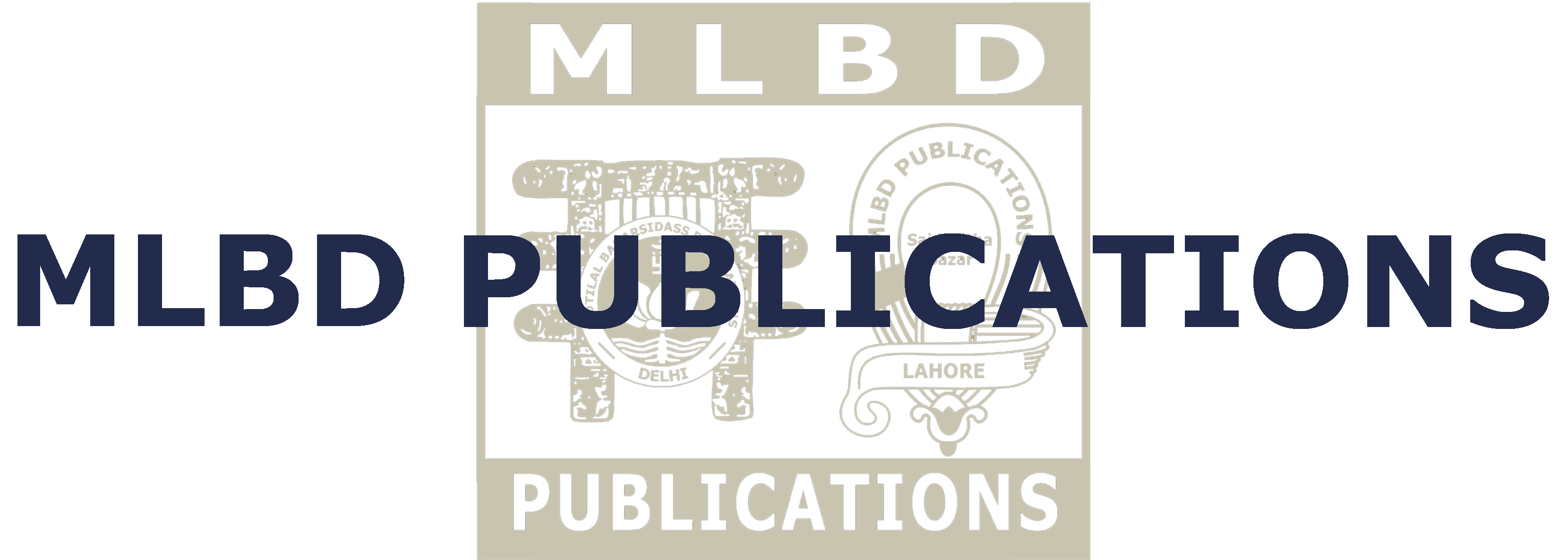


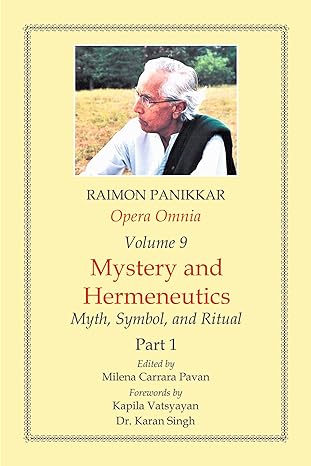
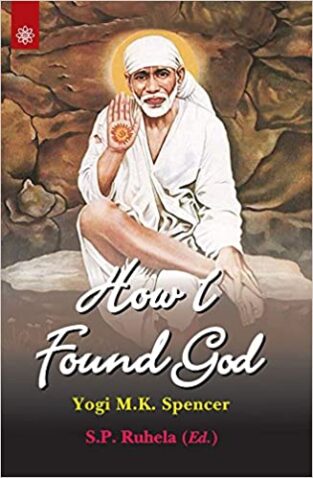
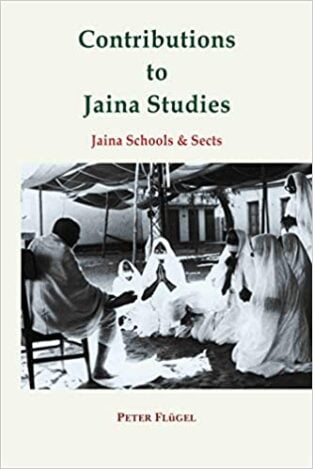
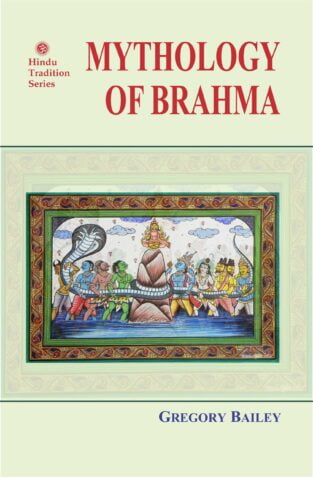
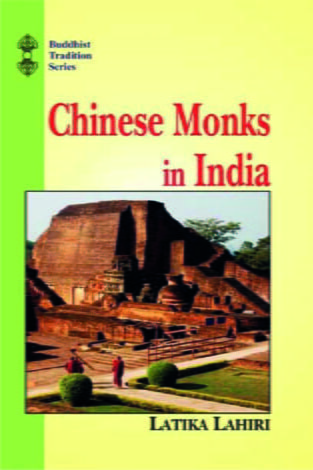
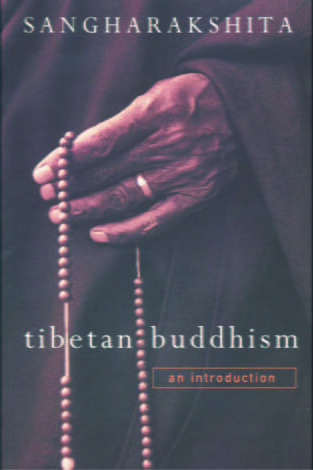
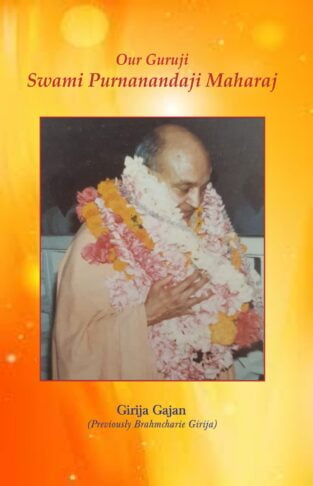
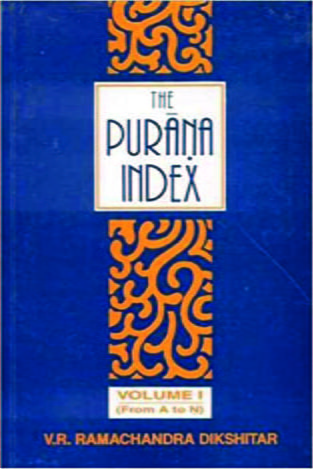
Reviews
There are no reviews yet.